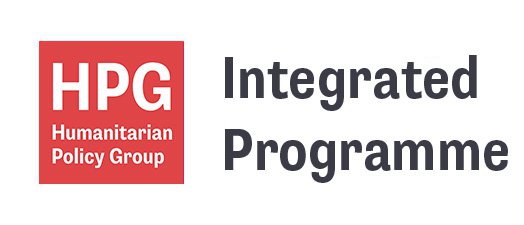Beyond donorship: state humanitarian action as foreign policy
Recent disasters have seen a range of states deploy both civilian and military personnel as part of international humanitarian responses. This bilateral assistance goes beyond the ‘traditional’ donorship typically conducted through the UN and non-government organisations.
Direct engagement has historically been associated with ‘rising’ donors such as China, the Gulf States and Turkey but has also been pursued by traditional donors, like the United States and United Kingdom. State-centred by nature, this approach is commonly linked to broader foreign policy goals such as trade and security.
With traditional donors increasingly seen as driven by their own national interests while rising donors work multilaterally and set up aid agencies, the dichotomy between the two groups looks increasingly artificial, as each displays behaviours typically associated with the other.
This research aims to support this shift away from a dichotomy and towards a more pluralistic humanitarian ‘ecosystem’. To help understand the global range of approaches to relief, the research will look at how a state’s foreign policy influences humanitarian action and how this interplay hinders or helps with meeting needs on the ground.
Concerned with major western donors and rising players alike, the project seeks to convene discussions between states in order to increase mutual understanding and find opportunities for constructive cooperation.
Ultimately, this research aims to bridge the gap between foreign policy and humanitarianism and identify opportunities for leveraging a wider range of foreign policy tools in pursuit of humanitarian goals.
For more information about the project, download the HPG Integrated Programme 2015-2017 proposal.
Staff
-
Barnaby Willitts-King
Senior Research Fellow
-
Christina Bennett
Head of Programme - Humanitarian Policy Group
-
Sherine El Taraboulsi-McCarthy
Senior Research Fellow
